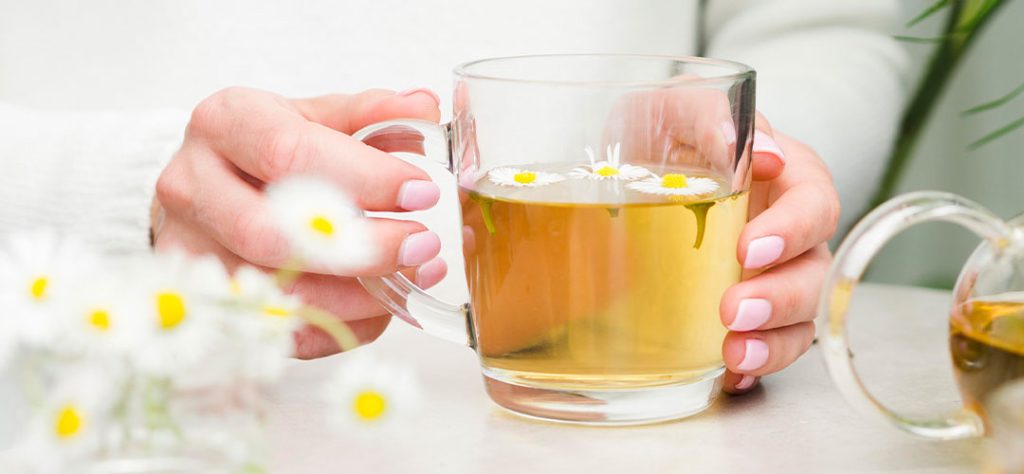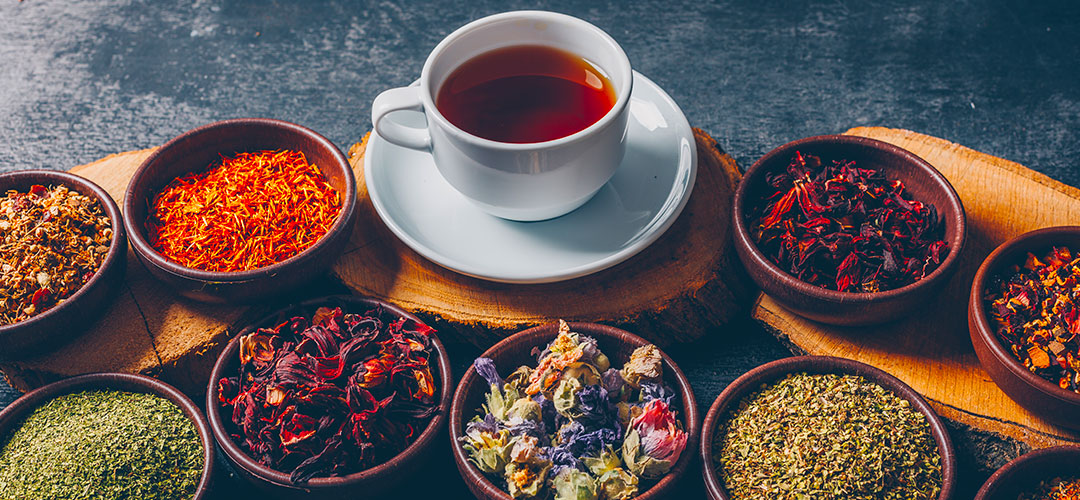Digestive discomfort is something most of us experience from time to time.
Whether it’s bloating after a heavy meal, sluggish digestion, or occasional indigestion, finding natural remedies can make a big difference to everyday wellbeing. Herbal teas have long been used to support digestion, offering soothing and calming effects that go beyond simple hydration. But with so many options available, which herbal teas are best for digestion, and how do they work?
In this guide, we’ll explore some of the most effective herbal teas for digestion, their unique benefits, and why they might deserve a place in your daily routine.
Why Herbal Teas Help with Digestion
Herbal teas are more than just a comforting hot drink. Many herbs contain natural compounds such as essential oils, antioxidants, and plant polyphenols that may support healthy digestion. Benefits of herbal teas for digestion include:
- Reducing bloating and gas by relaxing the digestive tract.
- Easing indigestion and discomfort after meals.
- Supporting the gut microbiome through natural plant compounds.
- Encouraging relaxation – stress is often linked to digestive upset.
For centuries, cultures around the world have turned to herbal infusions as natural digestive aids. Today, science is beginning to confirm what traditional medicine has known all along.
Best Herbal Teas for Digestion
1.Peppermint Tea
Peppermint is one of the most popular herbal teas for bloating and digestion. Its cooling menthol compounds may help relax the muscles of the gastrointestinal tract, reducing trapped wind and easing indigestion. Peppermint tea is also refreshing and naturally caffeine-free, making it ideal after a heavy meal.
Best for: bloating, indigestion, stomach discomfort.
2.Ginger Tea
A warming and stimulating tea, ginger has been used for centuries to aid digestion. Gingerols and shogaols, its active compounds, are thought to stimulate digestive enzymes, helping food move more efficiently through the stomach and intestines. It’s also widely used to relieve nausea and morning sickness.
Best for: sluggish digestion, nausea, warming the stomach.

3.Chamomile Tea
Chamomile is well known for its calming properties, but it’s also a gentle digestive aid. It may help relax the gut, soothe cramping, and reduce stress-related digestive upset. Chamomile tea before bed can support both relaxation and better digestion overnight.
Best for: stress-related digestive issues, cramping, bedtime relaxation.
4.Fennel Tea
Traditionally used in Mediterranean cultures, fennel seeds are believed to support digestion by easing bloating, flatulence, and stomach cramps. Fennel tea has a slightly sweet, aniseed-like flavour and is particularly popular after rich or heavy meals.
Best for: bloating, cramping, post-meal discomfort.
5.Liquorice Root Tea
Liquorice root has natural soothing properties that may help calm inflammation in the digestive tract. It can be useful for easing symptoms of indigestion, heartburn, and stomach irritation. However, it should be consumed in moderation, especially for those with high blood pressure.
Best for: indigestion, mild acid reflux, soothing the stomach.
6.Lemon Balm Tea
Part of the mint family, lemon balm has a gentle citrus-mint flavour and is often used to relieve stress and digestive discomfort. It may help reduce indigestion caused by tension and can also encourage a calm, settled stomach.
Best for: stress-related indigestion, mild nausea, calming the gut.
7.Dandelion Root Tea
Dandelion root is considered a traditional digestive tonic. It may stimulate bile production, supporting fat digestion and liver function. Slightly bitter in taste, dandelion tea is often used as a natural “detox” infusion.
Best for: sluggish digestion, liver support, gentle detox.
How to Choose the Right Herbal Tea for Digestion
With so many herbal options, the best choice depends on your specific digestive concern:
- For bloating and gas, try peppermint or fennel tea.
- For sluggish digestion or nausea, ginger is ideal.
- For stress-related tummy troubles, chamomile or lemon balm work well.
- For indigestion or heartburn, consider liquorice root (in moderation).
- For liver and digestive support, dandelion root is a good option.
Many people also find that alternating teas throughout the week provides a more balanced approach.
Tips for Getting the Most from Herbal Teas
- Steep properly: Most herbal teas need 5–10 minutes to release their full flavour and benefits.
- Choose high-quality herbs: Organic, whole-leaf or seed teas often have better potency.
- Drink at the right time: A cup after meals is best for bloating and indigestion, while chamomile before bed aids overnight digestion.
- Listen to your body: Not all herbs suit everyone, introduce them gradually.
Final Thoughts
Herbal teas are a gentle, natural way to ease common digestive issues and support overall gut health. Whether you reach for soothing chamomile, invigorating ginger, or refreshing peppermint, these simple infusions can make a big difference to how you feel after meals.
By exploring different herbal teas and noticing which ones your body responds to best, you can create a personalised routine to support digestion, reduce discomfort, and enjoy the calming ritual of a warm cup of tea.






